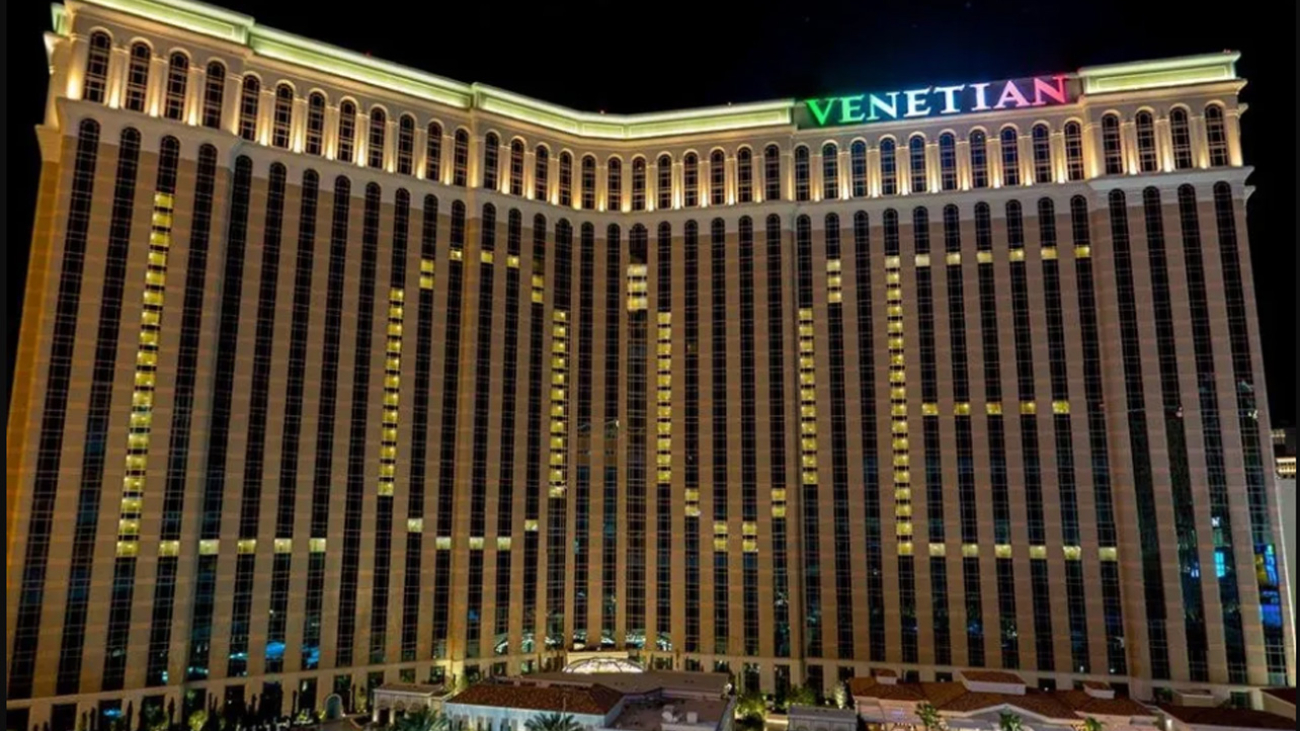Fear is a gift. Yes, it is a present for you, albeit unwrapped and bowless. Such accessories are unnecessary, however, when the gift is life-saving. Fear saves lives. Rational fear, that is.
Emotional Intelligence 101: emotions are messengers. There is important “data that resides below consciousness…carried by way of emotions, the messenger that delivers the information about a situation.The emotion wants our attention and points to an issue that needs to be acknowledged and/or addressed.” Living In Total Health
Fear is the human alarm system. We are made with this internal alert when harm or danger are imminent. Without it, our ancestors would not have survived dinosaurs or natural disasters. When we are at risk, fear flares. It should. It is normal. Such risks include threats of bodily harm and death. The experience of fearing the unknown is also normal. Rational.
However, being afraid of non-threats to life and limb is irrational. Skin color, gender identification, and economic status are just a few of the unreasonable fears we voluntarily evoke. The phrase ‘making a mountain out of molehill’ comes to mind. We conjure up this powerful emotion needlessly, desensitizing ourselves to its actual purpose.
The function of fear is to alert us when an imminent attack is near. Fear ushers physiological resources to essential body functions which heighten senses and energize us to act. In the face of fear, we must decide how to respond to the threat.
Your choices in the face of danger are fight, flee, or freeze. Do you stand your ground in effort to protect yourself, family, property? Is it safer to run away? Or does overwhelm paralyze and stop you in your tracks. Interestingly, the body responds the same way to rational and irrational fear. The consequences, however, are divergent.
I hope you can see the difference between the two. Rational fear is an innate response designed to protect you from harm, to generate decisions and actions that protect you from being hurt; the outcome is appropriate. On the other hand, irrational fear is a figment of your imagination. There is no imminent threat to body, limb, property, family. This figment is all about a very distant negative possibility, i.e. your past or what if? Irrational fear results in undue harm to self or others, possibly criminal and immoral behavior.
Politicians profit from irrational fear. Manipulators profit from irrational fear. Scammers profit from irrational fear. Society suffers from irrational fear. Humanity loses.
Instead of reacting to any fear with a knee-jerk reaction, choices and actions solely designed to remove the fear and not address the underlying problem, stop. Assess the situation with the critical mind you were blessed with. Is it real? Is it a threat in this moment in time? Can I die? Will loved ones be harmed? Then ask yourself what you can control. We always have control of our choices.
If your assessment of the situation is negative regarding threats to life and limb, breathe and focus on what you can control. Sometimes the available options are not optimal. Still, you have control over what you choose. The basic issue with irrational fear is feeling out of control. Yet you do have control over which available option you choose.
Imposing your irrational fears on others by choosing to spew hate and stereotypes is inappropriate and wrong. No one is responsible for how you respond to anything. You are. So again, assess the situation. If the fear messages imminent danger, then respond with the fight, flight, or freezing options—allow your intuition to guide you.
If your fear is irrational, then please breathe and focus on the present moment to recognize that you are not in imminent danger of harm or death. And fear not so much.




